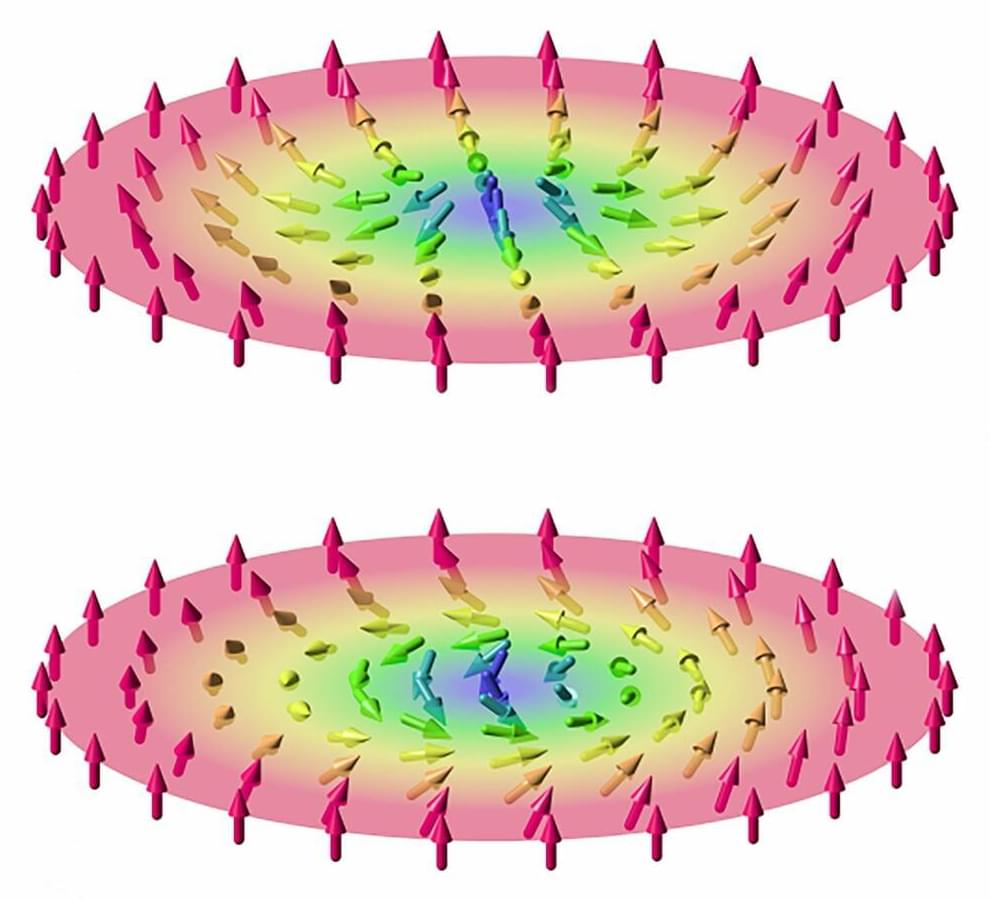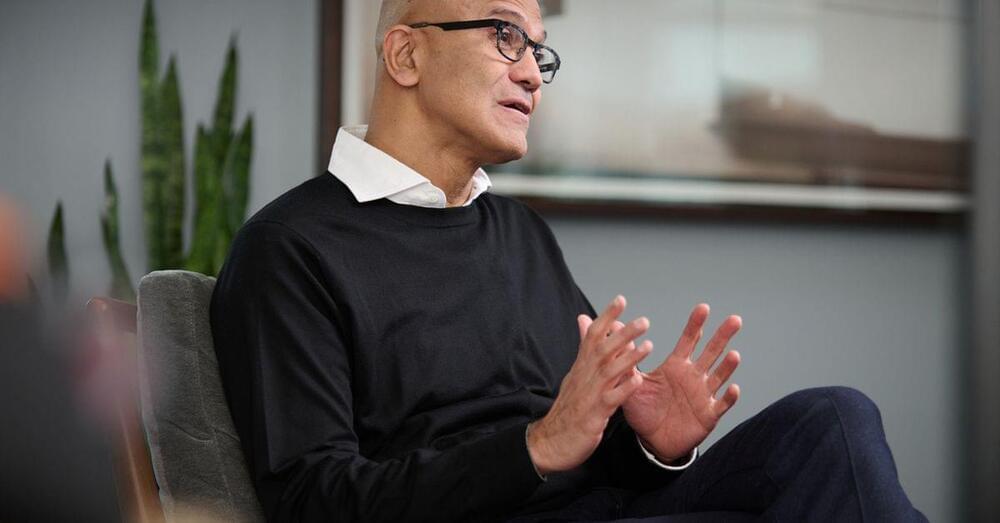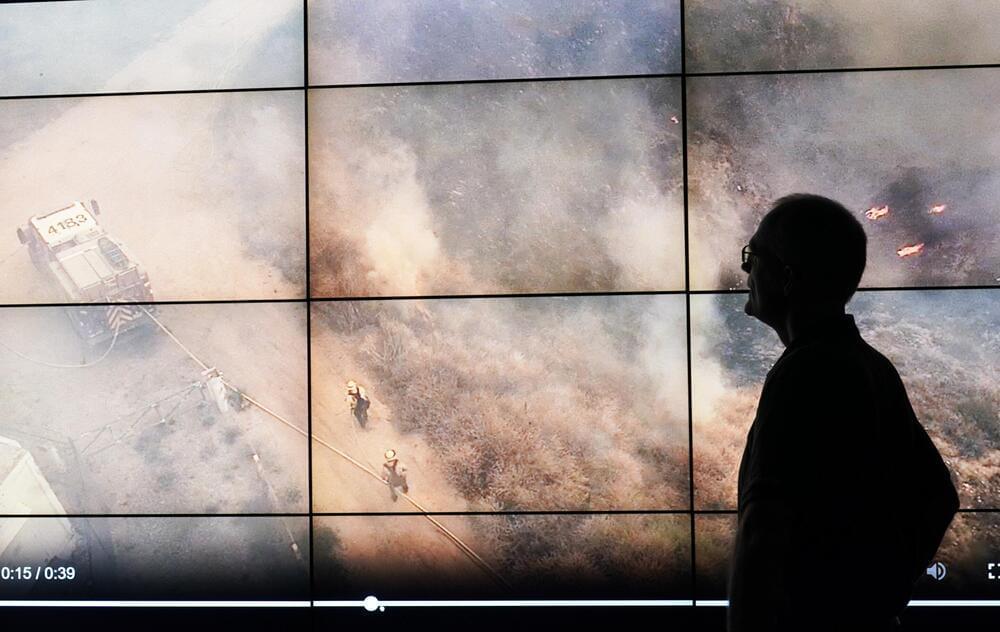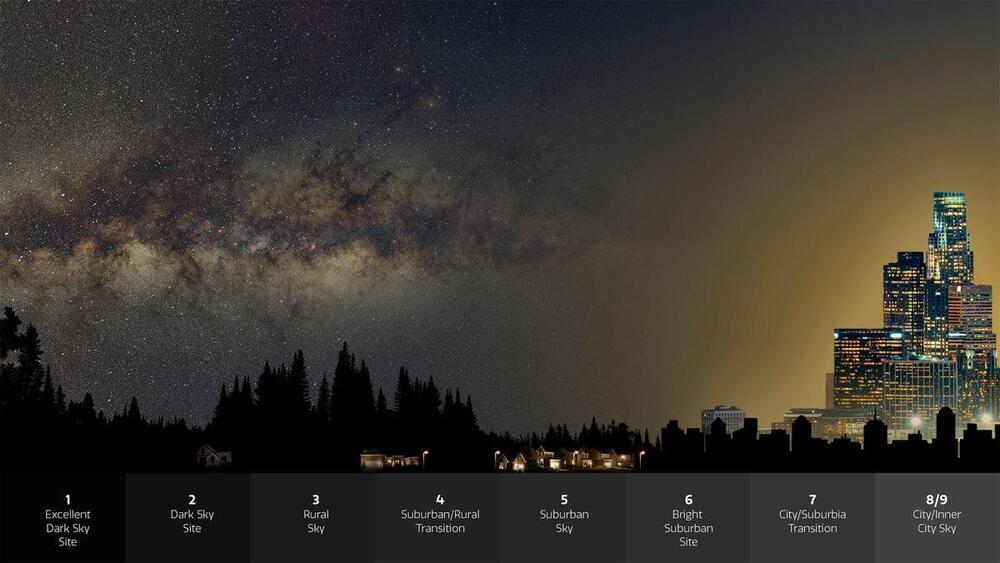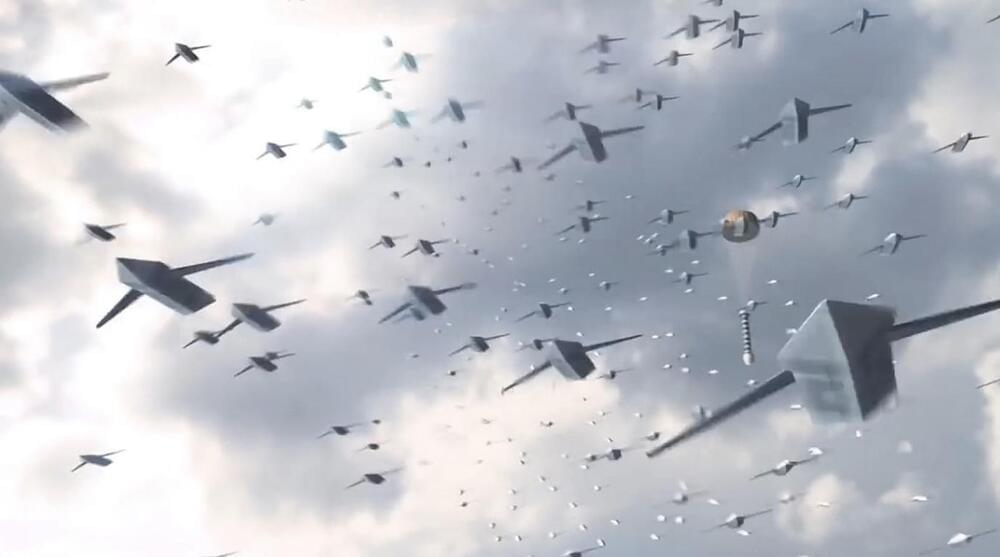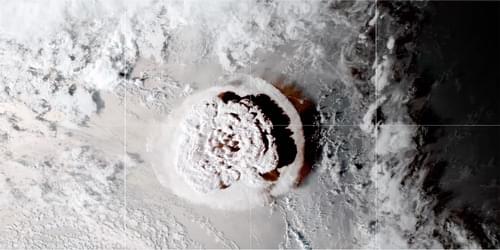Professor Nita Farahany reveals to Azeem Azhar the startling advancements of brain-scanning technology and the extraordinary implications this tech has for privacy and humanity.
——-
Like this video? Subscribe: https://www.youtube.com/Bloomberg?sub_confirmation=1
Become a Quicktake Member for exclusive perks: https://www.youtube.com/bloomberg/join.
Bloomberg Originals offers bold takes for curious minds on today’s biggest topics. Hosted by experts covering stories you haven’t seen and viewpoints you haven’t heard, you’ll discover cinematic, data-led shows that investigate the intersection of business and culture. Exploring every angle of climate change, technology, finance, sports and beyond, Bloomberg Originals is business as you’ve never seen it.
Subscribe for business news, but not as you’ve known it: exclusive interviews, fascinating profiles, data-driven analysis, and the latest in tech innovation from around the world.
Visit our partner channel Bloomberg Quicktake for global news and insight in an instant.
